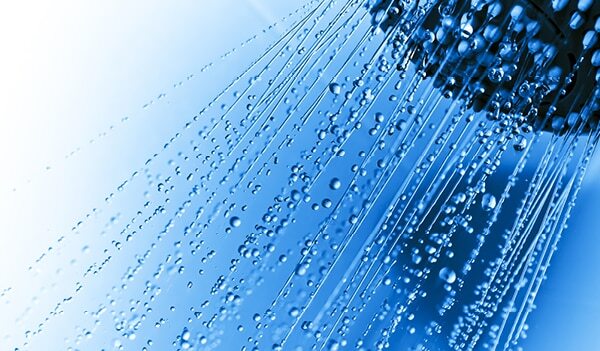We all know that water is the best natural ingredient that works wonders for our skin. The essential minerals present in it make our skin glow. However, you have all heard the phrase 'too much of even a good thing is bad'. No matter how good something is, excess of even that can be bad. Same is the case with water! While water contains beneficial minerals, if they are in excess, then they can make the water hard. Effects of hard water on skin and hair can be harmful, ranging from eczema to lifeless locks, and lots more. Here is all you need to know about how to determine if the water you use is hard, the effects of hard water on the skin and how to protect your skin.
Natural Argan Oil & Lavender Sulfate Free Anti-Frizz Shampoo - 400ml
₹658
₹658
SHOP NOW








